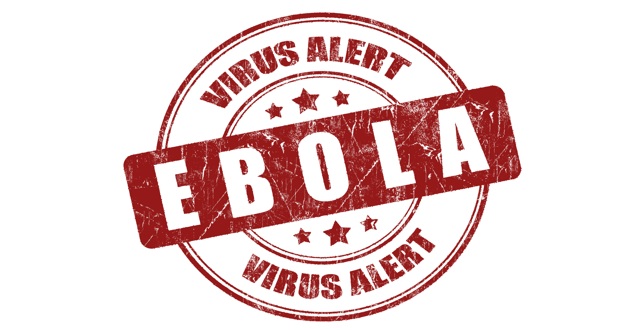A U.N. peacekeeper who contracted Ebola in Liberia will be flown to the Netherlands for treatment, a Dutch Health Ministry spokeswoman said Friday.
The Nigerian soldier is expected to arrive in the Netherlands this weekend and will go into isolation at the University Medical Center Utrecht, according to Inge Freriksen.
This is the third infection for the mission, which comprises about 7,700 troops and police. The previous two died.
Sixteen people who came into contact with the Nigerian soldier have been quarantined, the mission said.
Ebola has sickened more than 17,500 people, mostly in Guinea, Liberia and Sierra Leone. About 6,200 have died.
Liberia has recorded the highest number of cases and deaths, but with infection rates stabilizing there, the government decided to go ahead with a Senate election this month and allowed campaign rallies. This week, President Ellen Johnson Sirleaf said those events are impeding efforts to contain Ebola and banned all public gatherings until 30 days after results of the Dec. 16 election are announced.
There are concerns that the president may be using Ebola as an excuse after a large crowd rallied in support of former soccer star Geroge Weah, who is running against Sirleaf’s son, Robert.
“There is a clear political motive, and that political motive is in the interest of her son,” said Tiawan Gongloe, a human rights lawyer who was once a member of Sirleaf’s Cabinet.
Meanwhile, in Sierra Leone, where the disease is spreading fastest, 100 Nigerian health workers arrived Friday. Another 25 British doctors and nurses are expected Saturday. Sierra Leone is desperately short of space in Ebola clinics and health workers in hot spots around the capital and in the north.
Ebola has symptoms that are similar to other more common diseases, like malaria, and many people who have shown up at Ebola treatment centers have turned out to be sick with something else. In an effort to keep at least some of those people away from treatment centers, Sierra Leone launched a massive campaign Friday to hand out malaria medication door-to-door to 2.4 million people. Liberia has undertaken a similar campaign.

